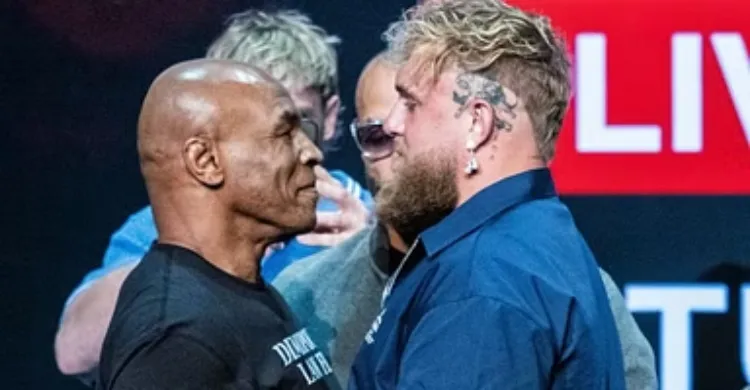The Eagles’ play-calling situation got a bit murkier when Nick Sirianni went the unprompted route to take any potential heat off offensive coordinator Kellen Moore for a curious 4th-and-1 decision that went awry in the waning seconds of the first half in what turned out to be a hard-fought 15-12 in over New Orleans.

The play – a Saquon Barkley sweep off a tush-push look -- was sniffed out and stymied by the Saints’ defense.
“Just so if anyone is wondering about the 4th-and-1 call at the end of the half, I called that not Kellen,” Sirianni said.
People were certainly wondering so Sirianni shut down a line of questioning before it arrived.
“I called that play at the end of the half. Kellen did not. I called it,” said Sirianni. “I thought that was what was best for our football team in that particular case. It was my decision. I did it. It didn’t work. I’ll get better from it.
“It was the play I thought was going to work in that particular case. It didn’t work. It’s not on Kellen. It’s not on the players. I put them in a bad spot and I made that call.”
My immediate reaction to that proactive explanation was “thou doth protest too much.”
Sirianni has an admirable history of protecting his own, most notably shielding Jalen Hurts and A.J. Brown for going rogue in a loss to Seattle last year with a silly explanation for an ugly interception that ended that game.
This seemed like Sirianni protecting Moore for a questionable decision.
The case here is more complicated though because Sirianni decides to pull the trigger on any fourth down and there was no real upside to going for it on 4th-and-1 from the NOLA 15-yard line with 14 seconds left and a timeout.
Absent a TD, any Barkley run that converted would have taken significant time off the clock or forced the burning of the final timeout leaving an ultra-small window to perhaps take one shot st the end zone before trotting Jake Elliott on the field.
That juice there wasn’t worth a squeeze that failed anyway.
The actual play call is only interesting because of Sirianni’s random "overruling" of Moore in the second quarter of the latter’s third game with the team.
A further explanation Monday pointed to more of a suggestion than a slamming of the foot.
“I don’t say a number,” Sirianni said when asked how often will you decide to call a play on offense and what determines when you do? “But here and there, that's going to happen. And that’s regardless of whether it was 2021, '22, '23 or '24. We're all coming up with the game plan together. We're all putting in the work together. We’ve got good minds on the offensive side and defensive side, and so you talk through things.”
The coach then offered up examples.
“Kellen is obviously the one calling plays, but everything is collaborative as far as the way we go through our process and in-game,” said Sirianni. “Just because I did it in that one doesn't mean there is not a play that [Passing Game Coordinator/Associate Head Coach] Kevin Patullo is saying in the ear of Kellen, ‘Hey, what do you think about this there?’ and Kellen going, ‘Yeah, I like that idea.’
“Or [Run Game Coordinator/Offensive Line Coach] Jeff Stoutland or [Tight Ends Coach] Jason Michael on a run play particularly, or [Run Game Specialist/Assistant Offensive Line Coach] TJ [Paganetti] on a run play saying, ‘Hey, they're doing this in this scenario. What do you think about this?’”
That kind of back-and-forth is a constant, according to Sirianni.
“That happens throughout the game over and over and over again,” the coach explained. “That’s just the way every staff I've ever been on – whether I'm the head coach, or offensive coordinator, or quarterback coach, or I was a receiver coach – that's how that works, and that's how that worked. And I'm assuming that's like that for teams I haven't been on as well.”
Sirianni is also aware of the optics after three-plus years in Philadelphia.
“I also understand the scrutiny that will happen when something like that happens,” Sirianni said. “I wanted you guys to know yesterday that in that scenario, with a questionable call there, that I made that decision. So that's why I let you guys in on that, because Kellen didn't need to bear that [responsibility], because I did that.
“That is why I brought you in on that yesterday. Not to open the door of, ‘Well, how many times you call this?’ or ‘How many times did you call that?’ It's collaborative. In that particular case, I called that one, and it didn't work. When that happens, I'll always make sure that you guys know about that.”



